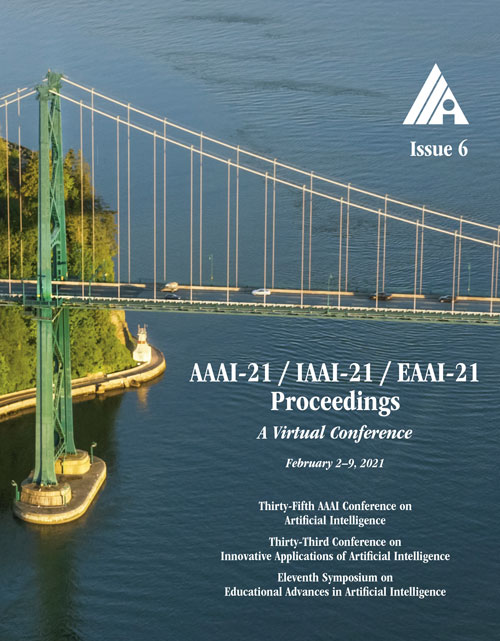A Permutation-Equivariant Neural Network Architecture For Auction Design
DOI:
https://doi.org/10.1609/aaai.v35i6.16711Keywords:
Auctions and Market-Based Systems, Mechanism Design, Economic/FinancialAbstract
Designing an incentive compatible auction that maximizes expected revenue is a central problem in Auction Design. Theoretical approaches to the problem have hit some limits in the past decades and analytical solutions are known for only a few simple settings. Computational approaches to the problem through the use of LPs have their own set of limitations. Building on the success of deep learning, a new approach was recently proposed by Duetting et al. (2019) in which the auction is modeled by a feed-forward neural network and the design problem is framed as a learning problem. The neural architectures used in that work are general purpose and do not take advantage of any of the symmetries the problem could present, such as permutation equivariance. In this work, we consider auction design problems that have permutation-equivariant symmetry and construct a neural architecture that is capable of perfectly recovering the permutation-equivariant optimal mechanism, which we show is not possible with the previous architecture. We demonstrate that permutation-equivariant architectures are not only capable of recovering previous results, they also have better generalization properties.Downloads
Published
2021-05-18
How to Cite
Rahme, J., Jelassi, S., Bruna, J., & Weinberg, S. M. (2021). A Permutation-Equivariant Neural Network Architecture For Auction Design. Proceedings of the AAAI Conference on Artificial Intelligence, 35(6), 5664-5672. https://doi.org/10.1609/aaai.v35i6.16711
Issue
Section
AAAI Technical Track on Game Theory and Economic Paradigms

